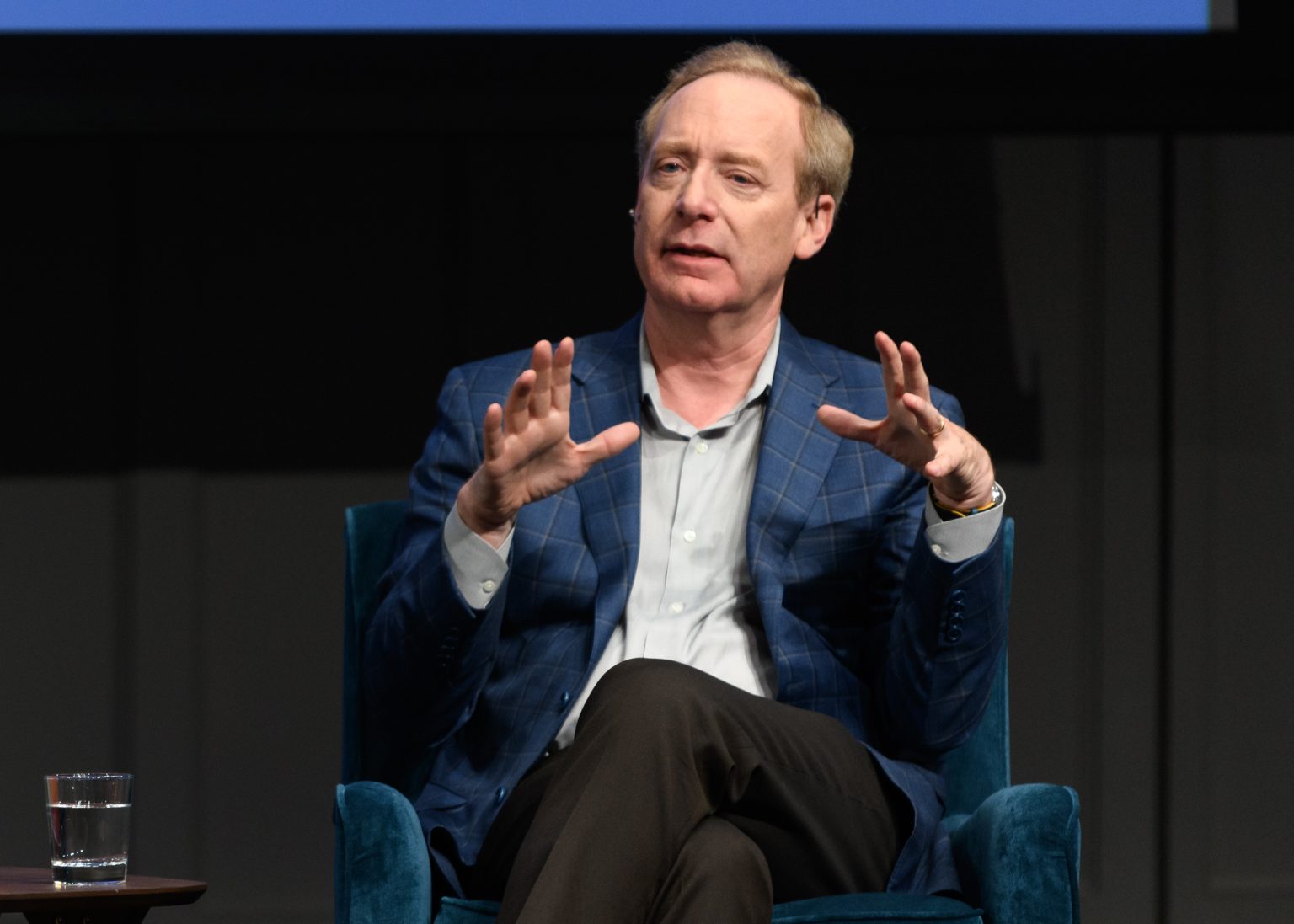Microsoft President Brad Smith emphasizes the need for the United States to establish a national strategy to maintain its competitiveness in the global AI race. This strategy focuses on R&D funding, education, workforce development, and ensuring that American tech companies are not hindered by heavy regulations. Smith believes that AI is the electricity of the modern age and that the next four years are crucial for building a foundation for America’s economic success over the next quarter century.
In order to address the competitive threat posed by China in the AI space, Smith underscores Microsoft’s commitment to advancing AI development. He reveals that the company will be spending $80 billion on data centers for training and deploying AI during this fiscal year. Despite the attention this capex number is receiving, it is inline with Microsoft’s previous capital spending trends and demonstrates the company’s dedication to AI development.
Smith emphasizes the importance of collaboration among various stakeholders, including the U.S. government, private sector, education, and non-profits, to achieve success in AI. He points to China’s rapid progress in AI as a result of significant government investments and a unified national strategy. China aims to establish itself as a global AI leader by leveraging its population, data resources, and focus on technology innovation.
Highlighting China’s prior investments in 5G wireless infrastructure, Smith draws parallels to the security risks that emerged from the spread of Huawei’s 5G products worldwide. He stresses the need for American AI to be adopted globally and emphasizes the trust placed in American products compared to their Chinese counterparts. Smith believes the U.S. private sector’s ability to invest in infrastructure globally can be leveraged to solidify diplomatic relations critical for global AI adoption.
Microsoft CEO Satya Nadella shares his support for investing in new infrastructure and equipping people with the necessary skills in the AI era, particularly in the U.S. Smith sees AI as a general-purpose technology that creates new opportunities across the economy, requiring investments from companies and countries to fully realize its potential. He encourages a balanced and common-sense approach to export control policy to strengthen diplomatic relations crucial for global AI adoption.
In conclusion, Smith’s post underscores the critical need for the U.S. to establish a comprehensive national strategy to maintain its competitive edge in the global AI race. He believes that success in AI requires collaboration among various stakeholders and emphasizes the importance of investing in infrastructure and skills development. By learning from China’s advancements in AI and leveraging America’s trusted products and global investment capabilities, Smith aims to position the U.S. as a leader in the AI space.


